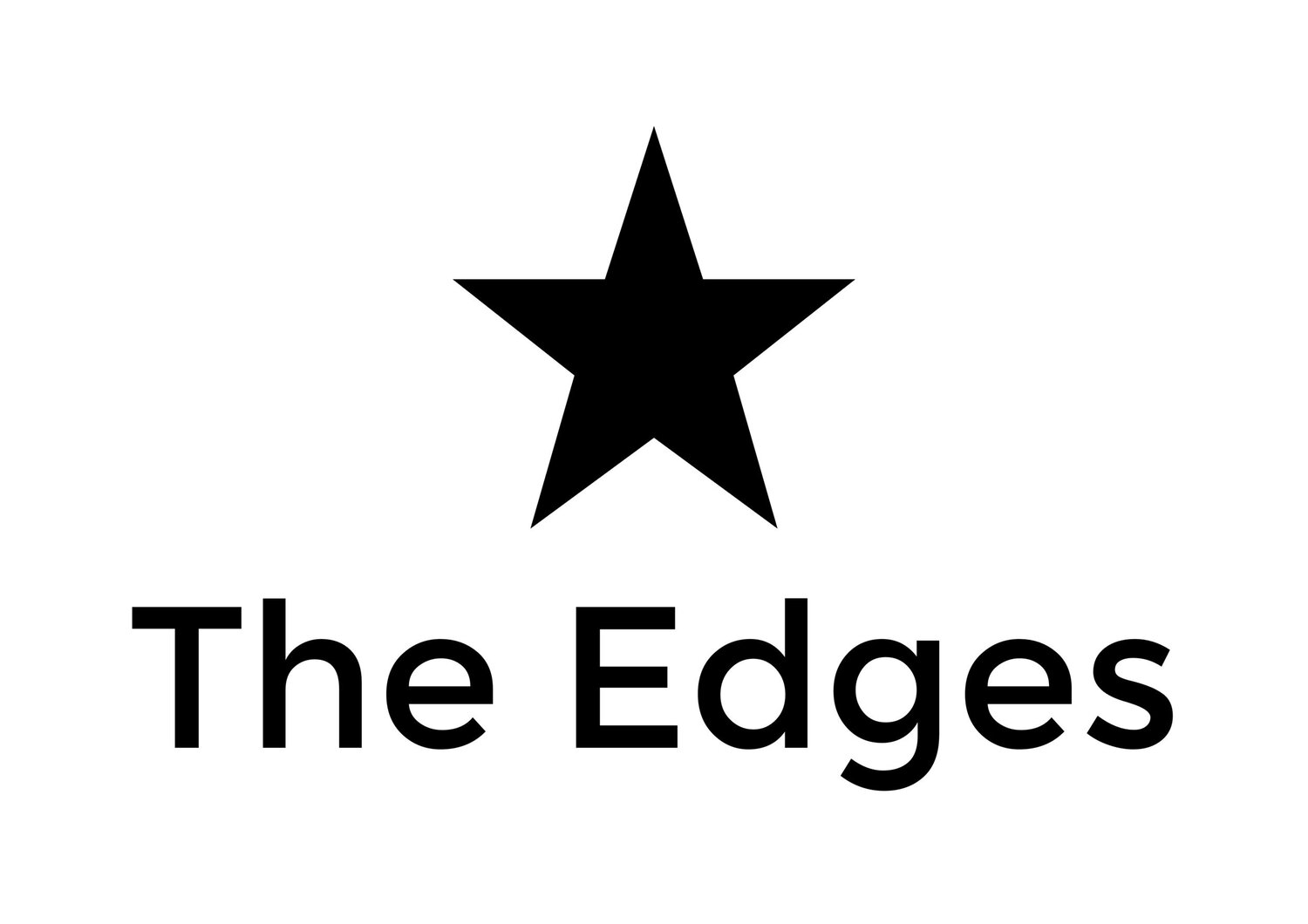The Saturday Stoke #32
Listen to The Saturday Stoke
Welcome to this week’s Saturday Stoke, a short inspirational podcast designed to encourage and challenge you on the path ahead—it’s a place where, if I’m doing my job right, I’m spurring us all on toward love and good deeds.
It’s a podcast that looks like Spanish moss hanging off of an oak tree in the twilight, and tastes like an ice-cream sandwich. If you're new to the Stoke, welcome! Feel free to poke around my blog The Edges Collective Dot Com.
If you find some inspiration, sign up for my newsletter called Further Up. You’ll get updates when the next episode of The Stoke drops and exclusive articles and community discussions.
Let’s get to it.
Some years ago, author and apologist Ravi Zacharias described modern times as perhaps the bleakest in world history. His words ring a bit truer today, don’t they? It feels like we’re living out the plot of some crazy novel at the moment, doesn’t it?
Think about this. If the history of humanity can be viewed as a narrative, then what kind of story do we find ourselves living?
If it is a tragedy, as some would have us believe, then the only thing we have to look forward to is an endless cycle of meaninglessness. Others describe this life as one long journey in which the destination holds no importance; what matters is to travel hopefully.
C.S. Lewis, however, replies to that notion by saying, “If that were true, and known to be true, how could anyone travel hopefully? There would be nothing to hope for?”
Something beyond us makes hope what it is. Hope by definition is the expectation of what is to come. There must be something down the road for which we long. Something to take our minds off of our current calamity and ease our fears for the joy that is to come. And this bears out in most of the good stories of our day.
Walk backwards with me a few months to the Christmas holiday. Doesn’t it seem so long ago? But we are not that far removed from it, and if anything, the recent Easter holiday reminds us that we are never far removed from the story of God’s pursuit of humanity.
In Revelations 12 we find an almost mythical rendering of what transpired in the heavens just before Mary gave birth to Jesus. It’s Christmas but from the angels’ perspective.
Writer Philip Yancey says it’s what Christmas must have looked like from somewhere beyond Andromeda. The great red dragon storms the gates of heaven intent to devour the Child-redeemer. But the archangel Michael and his angel army war against the dragon and throw him to the earth, victorious.
Lewis’s good friend and fellow fantasy fiction writer J.R.R. Tolkien described the truth of this glorious heavenly battle by invoking his made-up or seussed word “eucatastrophe,” which means the joyous upturn in storytelling.
“The Birth of Christ is the eucatastrophe {or joyous upturn} of man’s history,” he writes. “The Resurrection is the eucatastrophe of the story of the Incarnation. This story begins and ends with joy … such joy has the very taste of primary truth.”
For Tolkien and Lewis, the primary truth of this story was the Christmas and Easter eucatastrophe—the joyous turn for all of humankind. And this is exactly the hope of our faith.
We’ve talked about this idea of eucatastrophe before on this podcast, but it deserves our attention, in my estimation, more than once a year. For it is the very essence and sketch of our hope. And talking about it reminds us that the pages of the story we are currently living out isn’t all doom and gloom.
It has occurred to me in recent years that as much as our culture, especially the Christian subculture, likes to talk about “story,” we like to pitch it in terms of the sadness and bitterness experienced in life. We sort of wallow in it all and say, “Well, it’s just part of my story.” And of course sadness and calamity does rear its head in many people’s narrative.
But it has also occurred to me that the Christian person should never be content with calamity—at least not from a storytelling perspective. Of course it is included in all great stories, just as the crucifixion was the climax to the Christ’s story. But his story doesn’t end there. In fact, one could argue that it is only the beginning.
The magic Tolkien and Lewis wield in their stories keep us reading their books. Their narrative arcs show us delight, calamity, hell, and the joyous upturn—the point when Aslan rises from the dead, or Gandalf appears with reinforcements at the last moment. But perhaps the greatest magic they weave comes to us through the very winsomeness of their myth-making ability.
Writer and poet G.K. Chesterton said the mythologies of the ages “sought God through imagination, or sought truth by means of beauty.” If that’s true then Tolkien and Lewis have guided us past the dragons and that much closer to the truth and beauty and hope of our collective story.
And today, we need more myth makers, more hope wielders. We ourselves need to be people who write the hope of the world upon the very minutes of life lived, day in and day out.
We may find ourselves marooned in strange times. But we possess the hope of a way out. And it’s our duty and task to show others that way, through the hope of glory.
Stay stoked my friends.







